Founded in 2020
About
Pinoy Tech Club (PTC) is an independent mixed media organization that was created with the mission to empower the most talented Filipino innovators and connect them to audiences around the world. Through its network of global entrepreneurs and investors, PTC empowers Filipino voices by acting as a storyteller on behalf of innovators seeking to invest in bettering Philippine society.
In a country with over 900,000 micro, small, and medium enterprises, the Philippines has stood out as having one of the most thriving business scenes in the Southeast Asian region. With its rich history and “rising tiger” status, the Pinoy economic landscape presents unique solutions to challenges stemming from the Filipino market.
Connect With Us
If you are a marketer looking for ways to connect your brand with Pinoy Tech Club’s audiences, shoot us an email by filling out our contact form.
Get Involved
We can’t do this alone. If you have a passion for Filipino business, tech, journalism, or want to learn how to get involved with the club, please contact us here with an introduction and your CV.
Our History
“PTC started as a passion project in late 2020 where we would interview Filipino entrepreneurs and thought leaders who, in their own way, make the Philippines a better place by using technology to solve one pain point at a time. Helping run PTC gives Filipinos at home and abroad a place to stay connected, exposes the world to amazing individuals who have actually started something, and also helps us brush up on our writing skills to say the least.” — Daniel & Benjie
Daniel Ansher
Founder
Daniel is a Tokyo based Filipino-Jewish American. Born and raised in the Washington DC metro area, he has incredible childhood memories traveling between the US and the Philippines to spend time with his late Lolo.
As a Computer Science graduate from Georgia Tech, Daniel’s passion for technology is not limited by borders and culture. In 2015, Daniel lived in Valencia, Spain for a year and a half studying new strategies in which to internationalize the computing industry and hopes to reinvest some of his passion back to his roots.
Daniel currently works for Amazon Japan’s International Technology team. He is confident in Filipino innovation and hopes to share relatable stories to his global audience.
Benjie Baladad
Co-Founder
Benjie strongly believes in the potential of Filipino talent.
After graduating with a degree in Business Administration from the University of the Philippines, he began his journey in the tech industry working on user growth and product launches for Uber in the Philippines as one of its first 5 employees. He then worked briefly at GrowSari, a proudly-Filipino startup working to empower small businesses.
He moved Tokyo in 2019 and currently leads Courier Operations for Uber Eats covering the entire Japan market. Benjie can confidently say that Filipinos and Filipino startups are globally competitive.
Market Analysis
PTC believes that the Philippines will be one of the fastest growing economies within the next decade spanning across multiple sectors.
Workforce Trends
Being the thirteenth largest country in the world by population (more than 104 million), the Philippines is the fourth-largest English-speaking country. It also has one of the youngest populations in the world, with about 41 percent of the population under the age of 20. About 90% of Filipinos between the age of 10 and 64 are functionally literate. Relatively high population growth (nearly two percent annually) will continue to help drive economic growth for the next several years, while also increasing the strain on social spending and the country’s infrastructure.
Foreign Direct Investments (FDI)
From January to May of 2018, the Philippines received FDI amounting to USD$4.8 billion which represents a 49% increase when compared to 2017’s USD$3.3 billion. FDI investments have been leading in the following sectors: real estate; technology, manufacturing, financial, and insurance.
Gross Domestic Product (GDP)
In recent years, the Philippines has boasted high GDP standing at around 6 to 7 percent. The composition of GDP is broadly expanding and split among the agricultural, industrial, and service sectors. The industrial and service sectors accounted for 30.8% and 60%, respectively. Note that the share of industrial output has steadily fallen as well over time, while the services sector has risen substantially.
Room For Improvement
The Philippines also faces formidable challenges as its economy and population rapidly grow. Horrible traffic, the slowest internet in Asia, and an antiquated infrastructure hinder the nation from reaching its full potential. A study noted that the Philippines loses USD$1.5 billion a day due to traffic. A cash-based economy further hinders the efficient delivery of services. The nation needs many solutions at the national and local levels. The federal government needs to digitize services, fund infrastructure projects and set standards for data storage, protection, and utilization. Cities need to do similar things at a local scale, digitizing services, collecting revenue, and increasing accessibility and efficiency.
With so much potential and many problems to be solved, more businesses are disrupting the country with novel ideas. PTC aims to highlight how businesses are disrupting beyond static numbers and figures.
Be a part of our community
PTC stands uniquely as the only Filipino tech focused mixed media organization. PTC strives to humanize brands via storytelling--making local stories national, national stories local, and global stories personal. Our community platform followings of diverse investors allows PTC feature companies to get their important voice heard. Through PTC, readers are inspired to challenge themselves and try something new to better the Filipino future.






